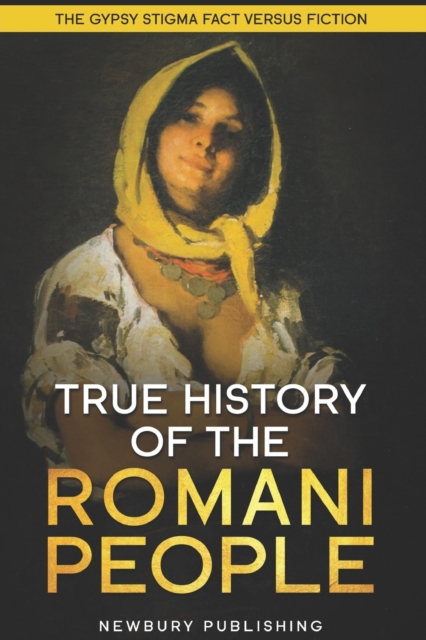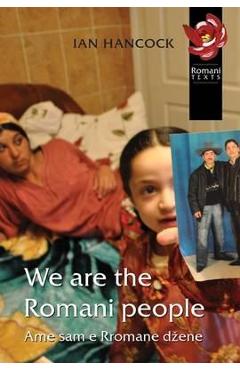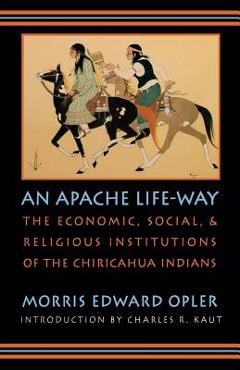True History of the Romani People: The Gypsy Stigma: Fact Versus Fiction

True History of the Romani People: The Gypsy Stigma: Fact Versus Fiction
- Pictures Who are the Romani people? The Romani people have been historically known as "Gypsies," or bands of travelers that journey across the land without a permanent home. The word "Gypsy" comes from the English word "Gyptian," short for "Egyptian." This comes from the widely held belief during the Middle Ages that the Romani people originated in Egypt. However, the Romani are unique among people groups as they do not identify their cultural heritage with a particular territory or homeland. They do not claim any rights to any of the lands on which they reside or any national sovereignty. Rather, Romani identity is tied to the ideal of radical freedom expressed by not having a particular homeland. Many countries have their own various words to name the Romani people other than "Gypsies," though this is the most widely known English word for the group. In most countries of Eastern Europe, locals refer to them using the universal word tzigane, which is derived from the Greek word for "untouchable" and is considered a highly offensive slur. Most of the names given to the Romani people have negative connotations. The Romani people most frequently refer to themselves as "Roma," which means "people." They are also known as "Rom," "Romany," or "Romani."
PRP: 77.42 Lei
Acesta este Pretul Recomandat de Producator. Pretul de vanzare al produsului este afisat mai jos.
69.68Lei
69.68Lei
77.42 LeiLivrare in 2-4 saptamani
Descrierea produsului
- Pictures Who are the Romani people? The Romani people have been historically known as "Gypsies," or bands of travelers that journey across the land without a permanent home. The word "Gypsy" comes from the English word "Gyptian," short for "Egyptian." This comes from the widely held belief during the Middle Ages that the Romani people originated in Egypt. However, the Romani are unique among people groups as they do not identify their cultural heritage with a particular territory or homeland. They do not claim any rights to any of the lands on which they reside or any national sovereignty. Rather, Romani identity is tied to the ideal of radical freedom expressed by not having a particular homeland. Many countries have their own various words to name the Romani people other than "Gypsies," though this is the most widely known English word for the group. In most countries of Eastern Europe, locals refer to them using the universal word tzigane, which is derived from the Greek word for "untouchable" and is considered a highly offensive slur. Most of the names given to the Romani people have negative connotations. The Romani people most frequently refer to themselves as "Roma," which means "people." They are also known as "Rom," "Romany," or "Romani."
Detaliile produsului





























